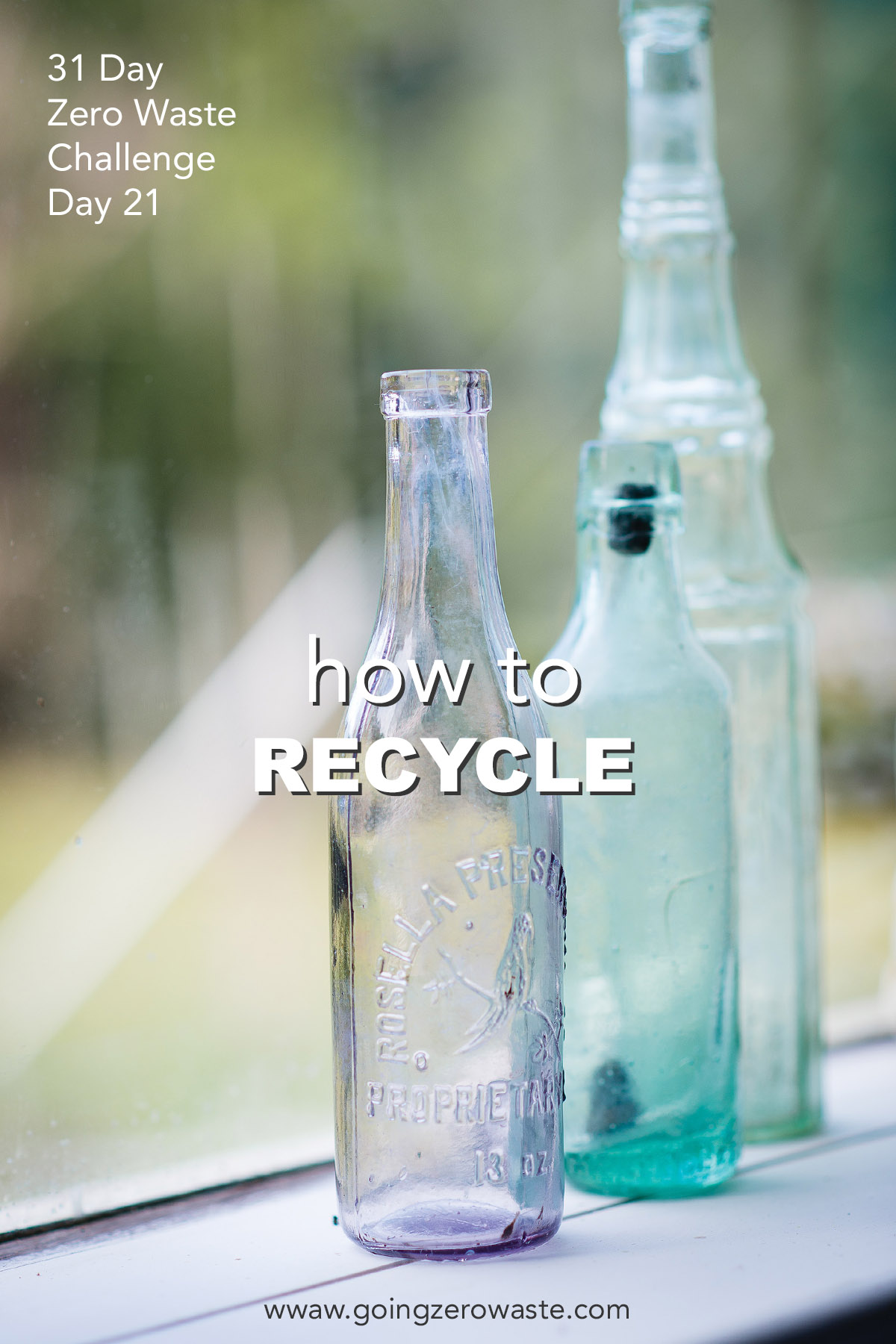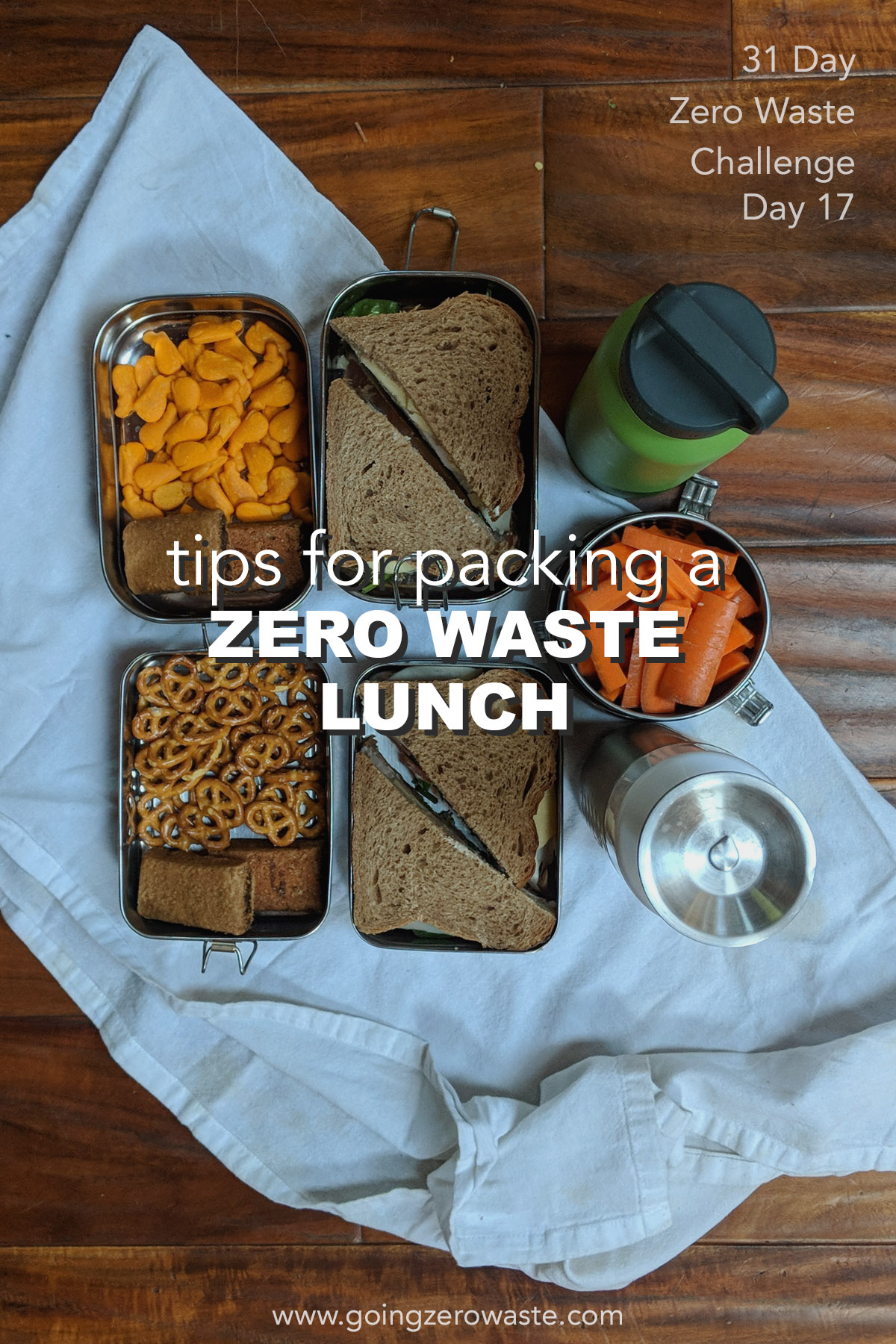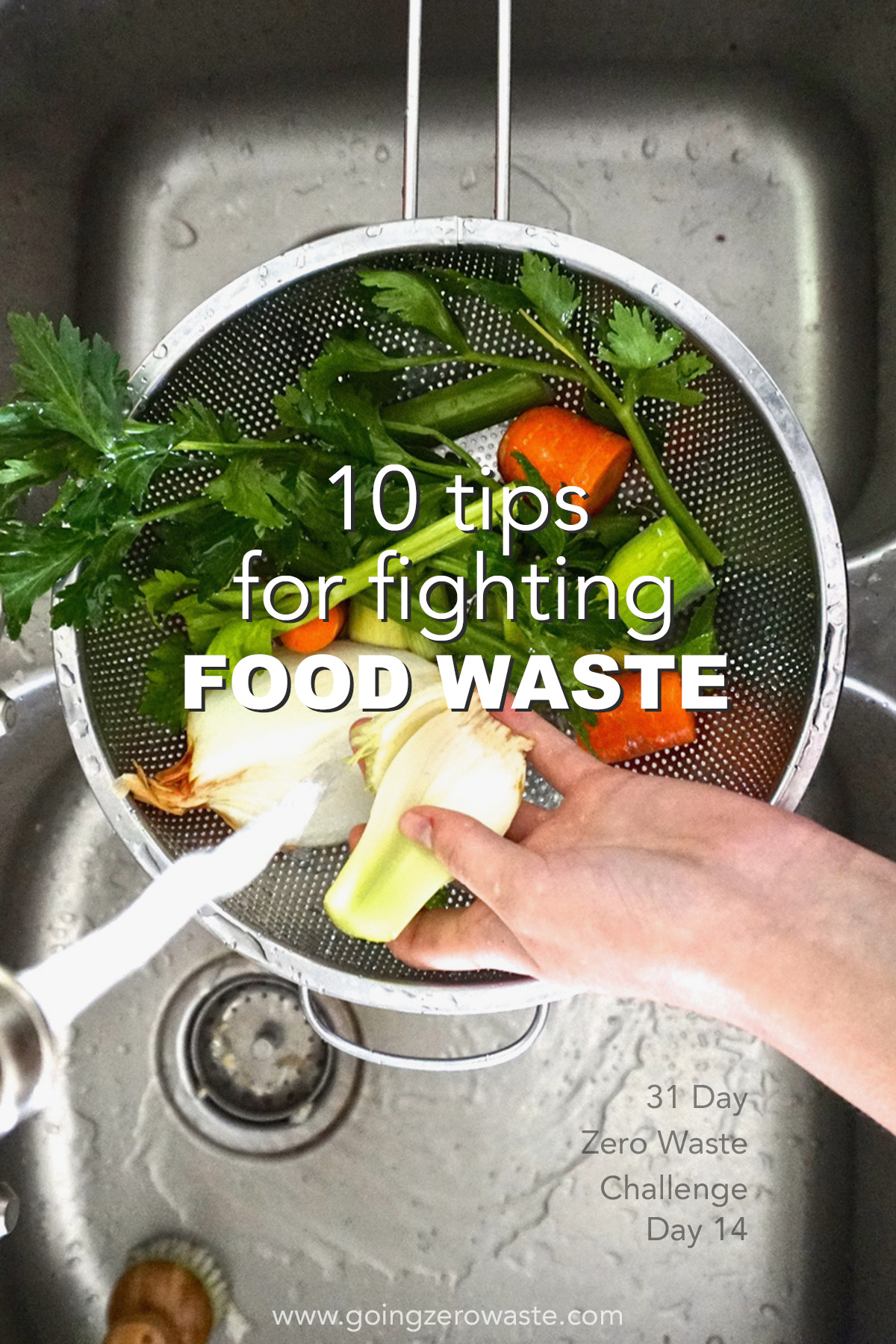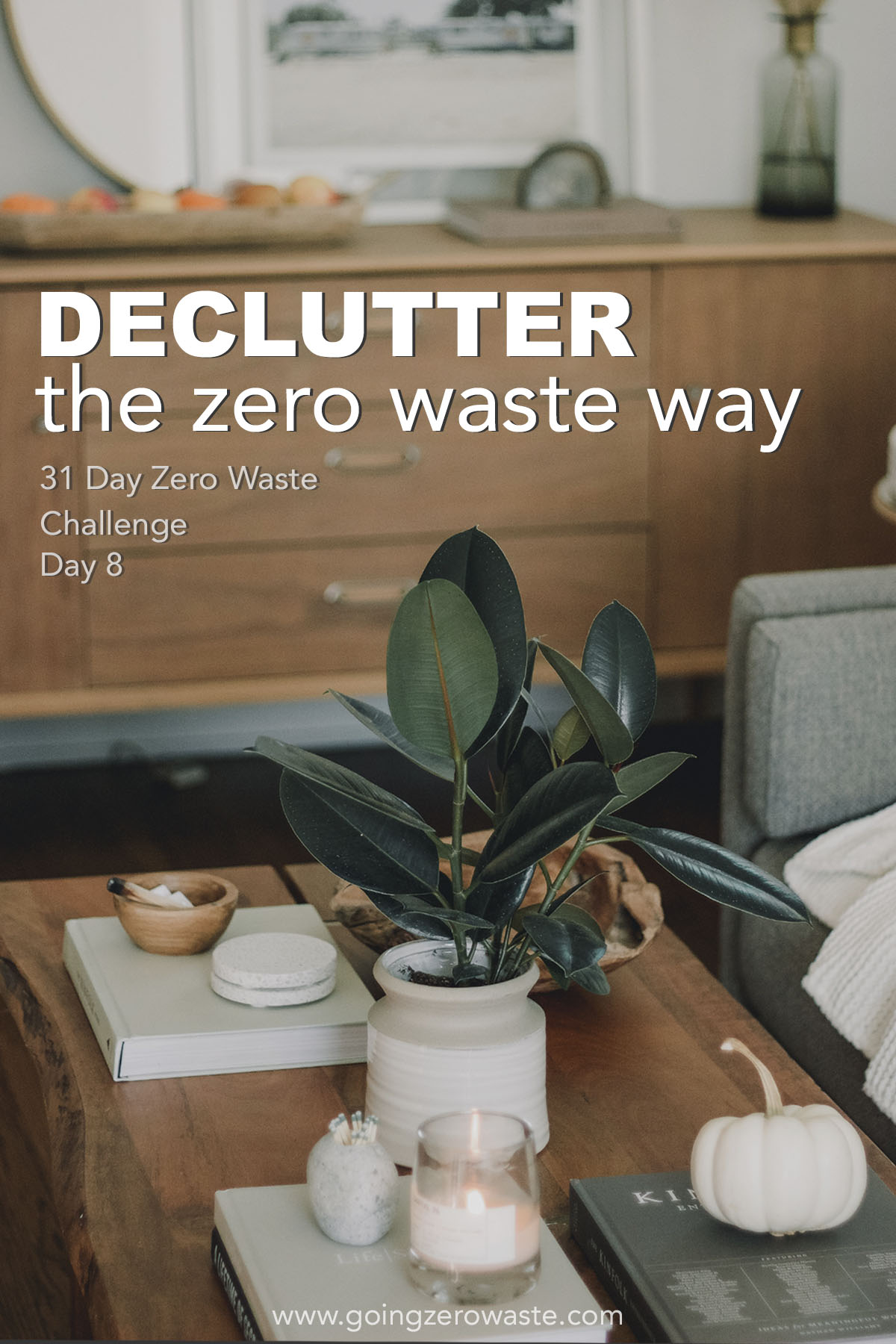It’s day five of the zero waste challenge! The beginning of the challenge focuses on simple changes you can make. These are just beginner tips but next week we’ll be getting a little bit more advance. Today we’re talking about reusable bags which is one of the big four.
Americans alone use 14 billion plastic bags a year (worldwide, about 4 trillion). Today, I challenge you to ditch the plastic bags and always bring your reusable bags to the market.
Prefer video content? Scroll down to the bottom of the page.
the problem:
Plastic bags are made of polyethylene. They’re thin pieces of plastic that are very difficult to recycle and have a very low recycle rate. In fact, all plastic has a low recycle rate.
Only 9% of the plastic ever produced has actually been recycled. (source)
Beyond their unfortunate afterlife sitting in landfills, plastic bags are lightweight easily carried by the wind into nature where they wind up in trees, on streets, and eventually into the gutters.
All storm drains lead to the sea and when they’re in the ocean they present a terrible problem for marine life.
You can tell the difference between a floating plastic bag and a jelly fish, but a turtle can’t. Eventually the plastic blocks their digestive tracts and they die.
Plastic bags have claimed the life of so many sea animals and land animals too like camels. This is a really simple switch and you know that you’re aren’t going to be putting any lives in danger.
the solution:
I know most people probably have reusable grocery bags, but they just somehow can’t remember to get them to the store.
So, I’m going to tell you a few tips and tricks that I use to remember my bags.
get on a schedule:
I’m on a pretty good schedule and I know I’m going to go to the farmers market on Saturday. I know if I need anything else, I’ll probably hit up the grocery store on a Tuesday.
I also know that I’m going to go bulk shopping, which is a special trip because it’s pretty far for me, and I only do that around every two to three months. So, I’m very aware of when I will be going to the grocery store.
Go ahead and look at your schedule and see if there’s a pattern.
Here are some things to ask yourself:
Do I drive past the grocery store on the way home from work certain days?
Do I prefer to shop for groceries on weeknights or weekends?
How often am I going to the store to stock up on food? Once or twice a week?
Is the grocery store or farmers market a short trip from my home or office?
Taking note of your proximity to a grocery store and your personal preferences will help you decide exactly when to go shopping.
You can make a schedule for yourself and stick to it, dedicating specific days of the week for grocery shopping this will help you remember to have your bags with you on those days.
If you’re the type of person who never knows exactly what they’re doing, then just go ahead and keep the bags in your car or on your body at all times.
under the keys:
Another trick to remembering your bags is to place them under your keys after you bring your groceries in. That way, the next morning, you can grab your keys and those bags and you can keep it in your car.
on the keys:
If you walk a lot, they make bags that clip onto your keyring so that way you’re prepared wherever you go. It’s only one bag, but if you’re on foot you won’t typically carry more than one or two bags worth of goods.
where to buy:
My favorite reusable bags that I’ve used are called BagPodz. They contain so many bags inside of them, making it super handy for a grocery shopping haul.
You can also typically find reusable tote bags right at your local grocery store. They usually have them on sale right at the cash register, and they’re very durable and reasonably priced.
Before you go out and buy any reusable bags though, be sure to check around your home. You may already have reusable tote bags and not even know it (canvas bags count).
produce bags too!
On top of reusable bags, think about bringing reusable produce bags.
I honestly don’t think you need very many, because most items like an apple, potato, orange, or onion don’t really need to be put in a bag: You can just put them in your cart or grocery bag. There’s no reason to put them in plastic.
The only things I tend to put in a produce bag are going to be small items that really need to be kept together like lettuce or mushrooms because they can break apart without being contained.
You don’t have to buy a ton of reusable produce bags. In fact, you may even be able to use some of your reusable bags if they’re small enough.
Another option is to make your own reusable produce bags. You can just grab pillowcases from the thrift store, cut them up and sew your own produce bags.
Or, you can literally use old pillowcases as is, without sewing them. There are a ton of options, and you don’t have to spend a whole bunch of money.
Remember, the first challenge in this series was to buy less, after all. Use what you have and make it work for you.
take the challenge!
Over the next 26 days, your challenge is to remember to bring your reusable bags with you to the grocery store, and figure out which method would work best for you.
If you still think you’ll forget - practice it!
Some of my favorite tricks for remembering your bags is to place them under your keys after you bring your groceries in. You can also keep some reusable bags with you in the car, in your purse, or clip them onto your keychain.
Also bring some produce bags with you (which you can purchase or DIY) whenever you hit up a grocery store.
Will you be taking the challenge?
want more?
Just starting out? Have 1,000 burning questions!? Get access to my private Facebook group, where I’ll be hosting weekly lives throughout the challenge and I answer all of your most pressing questions.
I’m the head content creator over at pelacase.com and have partnered with them to create an email version of the challenge. I will be sending out weekly recap letters with Pela if you’d prefer to have this challenge in larger chunks and delivered straight to your inbox.
PLUS! I’ll be sending out a brand new e-book at the end of the challenge called the Game On Handbook. Which is all about individual ways to fight climate change. You don’t want to miss it.






























